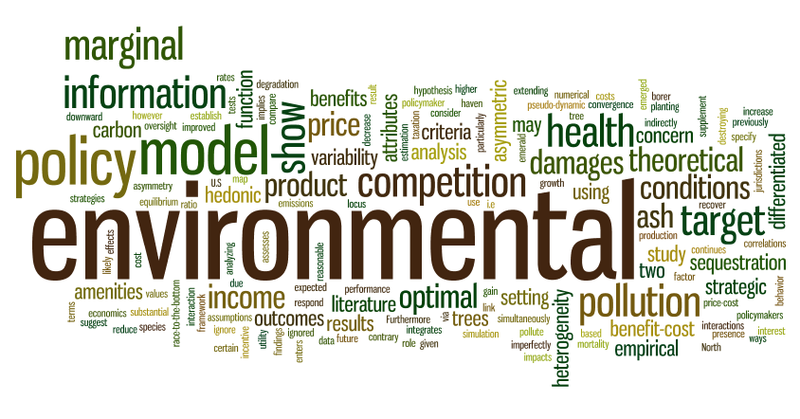This word cloud is supposed to be encompassing all kinds of different aspects of the environment. But if global environmental management occurred based off of solely these concepts, we would be leaving out a whole range of identities and communities whose stories play a role in successful global environmental management.
“The single story creates stereotypes, and the problem with stereotypes is not that they are untrue, but that they are incomplete. They make one story become the only story.”
We live and operate in a world of preconceived notions; incomplete stories of the “other”. When it comes to the global environment, this can be a huge challenge in terms of cooperative protective measures and natural resource management.
Our development of stories begins with stereotypes, and these single stories transform into equally limited binaries. When considering this problem, how does the Western world examine the environmental practices of “the rest”? Maybe this is a tired cliche, but the truth is that environmental concerns are too often divided into such simplistic stereotypes and binaries. Not only does this often offer an inaccurate and unfair view of a community, but these binaries perpetuate stereotypes that mask and exacerbate environmental concerns. My goal is to further examine what these binaries look like and how they can force restricted environmental narratives.
